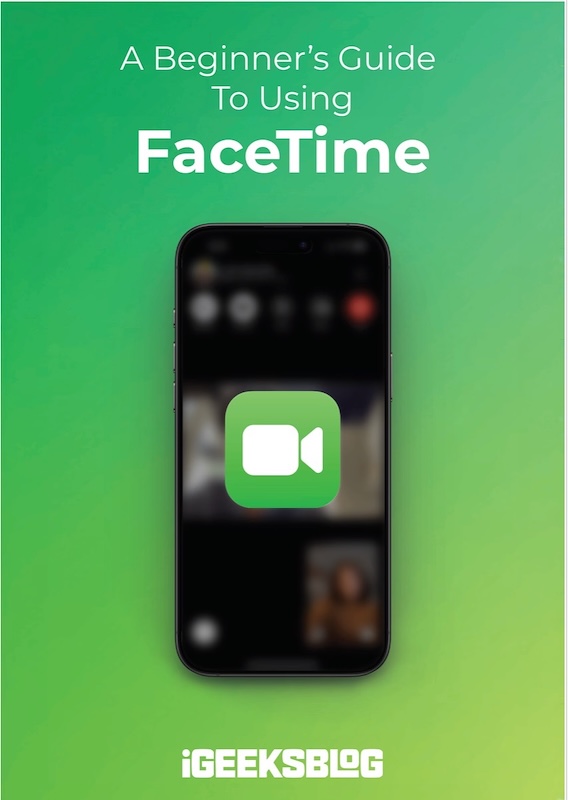
FaceTime Like a Pro
Get our exclusive Ultimate FaceTime Guide 📚 — absolutely FREE when you sign up for our newsletter below.

FaceTime Like a Pro
Get our exclusive Ultimate FaceTime Guide 📚 — absolutely FREE when you sign up for our newsletter below.
EU slams Apple with a record fine for blocking developers from offering cheaper payment options outside the App Store.
Things are clearly not going Apple’s way in 2025. From the Apple Intelligence controversy to ongoing trade war tariffs, the Cupertino giant now faces a massive €500 million (~$570 million) fine from the European Commission. The reason? Apple’s refusal to comply with the Digital Markets Act (DMA) by restricting developers from steering users to external payment options in the App Store.
Under the Digital Markets Act, “gatekeeper” companies like Apple must allow app developers to:
However, Apple has yet to fully embrace these requirements. Even in cases where developers are allowed to offer external payment options, Apple imposes a 17% commission—violating the DMA’s mandate of offering such links with no extra fees.
The European Commission called out Apple’s actions as deliberately anti-competitive, stating that its restrictions discourage developers and limit consumer choice.
“Apple’s restrictions disincentivize developers and limit user choice,” the Commission noted. “The fine reflects the gravity and duration of Apple’s non-compliance.”
Along with the fine, the EU is demanding Apple:
If Apple complies, it would mean a major policy shift—especially for iOS users and developers in the EU.
Moreover, the Commission criticized Apple’s Core Technology Fee and complex sideloading procedures as barriers to entry for third-party marketplaces.
Apple has been invited to respond, but failure to meet these requirements could result in even steeper penalties down the line.
In the same report, the EU did recognize a few recent improvements by Apple:
Still, these wins didn’t outweigh the company’s broader non-compliance with the DMA’s core principles.
This landmark ruling could mark the beginning of sweeping changes to how Apple operates its App Store in Europe. Developers may soon be able to offer more affordable in-app purchases outside of Apple’s ecosystem, potentially passing those savings on to consumers.
But here’s the bigger picture: if Apple yields in Europe, it may face similar pressure from regulators and developers across the globe.
Apple’s official response is pending. Until then, this decision may spark a ripple effect across the tech industry, redefining the balance of power between platforms and developers.
What do you think—should Apple be forced to open up its App Store? Drop your thoughts below.